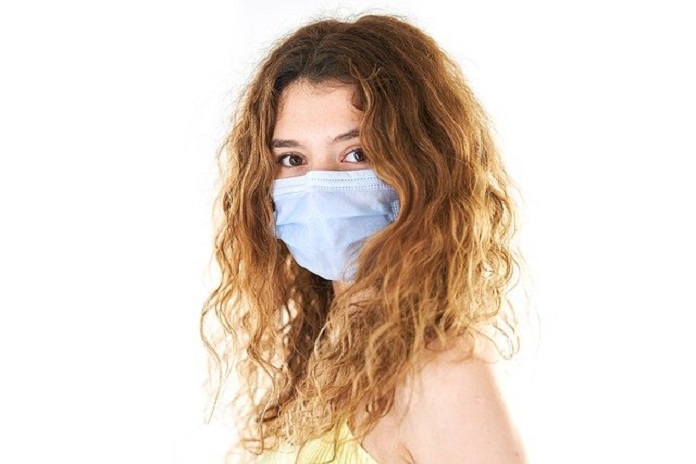A research group from the National Institutes of Health (Bethesda, Maryland) investigated the impact that wearing a mask has on the severity of COVID-19. They found that there were benefits of wearing a mask even after infection had occurred. In addition to reducing the chance of transmitting the virus, masks may also improve the function of the immune system.
Authorities have provided various steps that an individual can take to reduce the spread of the deadly COVID-19 virus. Physically distancing, regularly washing hands, and only leaving the house for essential purposes are all great ways to lower the chance of transmission. Wearing a facemask has been proven to be another effective method to reduce person-to-person spread, especially in locations where physical distancing isn’t possible.
In addition to reducing the chance of COVID-19 transmission, researchers are now finding that there are additional benefits of wearing a mask. Even after infection has occurred, masks may help reduce the severity of the COVID-19 virus.
Like most respiratory illnesses, the COVID-19 virus can be transmitted from person to person through respiratory droplets. These can be produced through coughing, sneezing, and breathing. Wearing a mask, including cotton, disposable, and surgical varieties, can reduce the amount of droplets transmitted.
The seasonality of respiratory illnesses can be attributed to the changes in humidity. Low humidity both inside and outdoors reduces the amount of moisture in the respiratory tract. The mask absorbs water, increasing the level of humidity that is inhaled by the wearer. It has been shown that hydrating the respiratory tract is extremely beneficial for the immune system. This can be achieved by increasing the humidity in the air that is inhaled. In wearing a double-layered cotton mask, the humidity can surpass 100%. This could benefit the user even if infection were to have already occurred.
This information is not only applicable in the ongoing COVID-19 pandemic, but can also be useful for other respiratory illnesses. Since colder temperatures mean a reduction in humidity levels, seasonal colds and other respiratory ailments are highly seasonal. As masks can reduce evaporation within the respiratory tract, they also lessen the severity of related illnesses.
Individuals suffering from a cold could consider wearing a mask, not only when in public to reduce transmission, but to also lessen the severity of the effects. As masks are now more accessible than ever before, this would be a good time to further our understanding of the benefits of wearing a mask.
Source:
Courtney and Bax, Hydrating the respiratory tract: an alternative explanation why masks lower severity of COVID-19, Biophysical Journal (2021), https://doi.org/10.1016/j.bpj.2021.02.002
Image by Engin Akyurt from Pixabay



